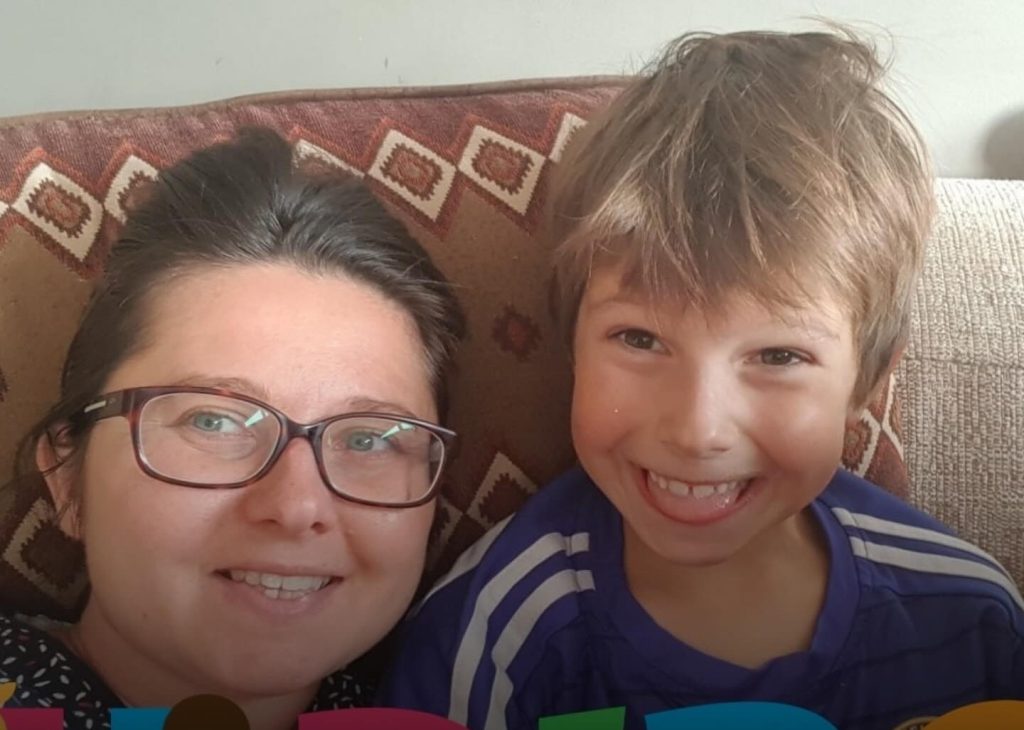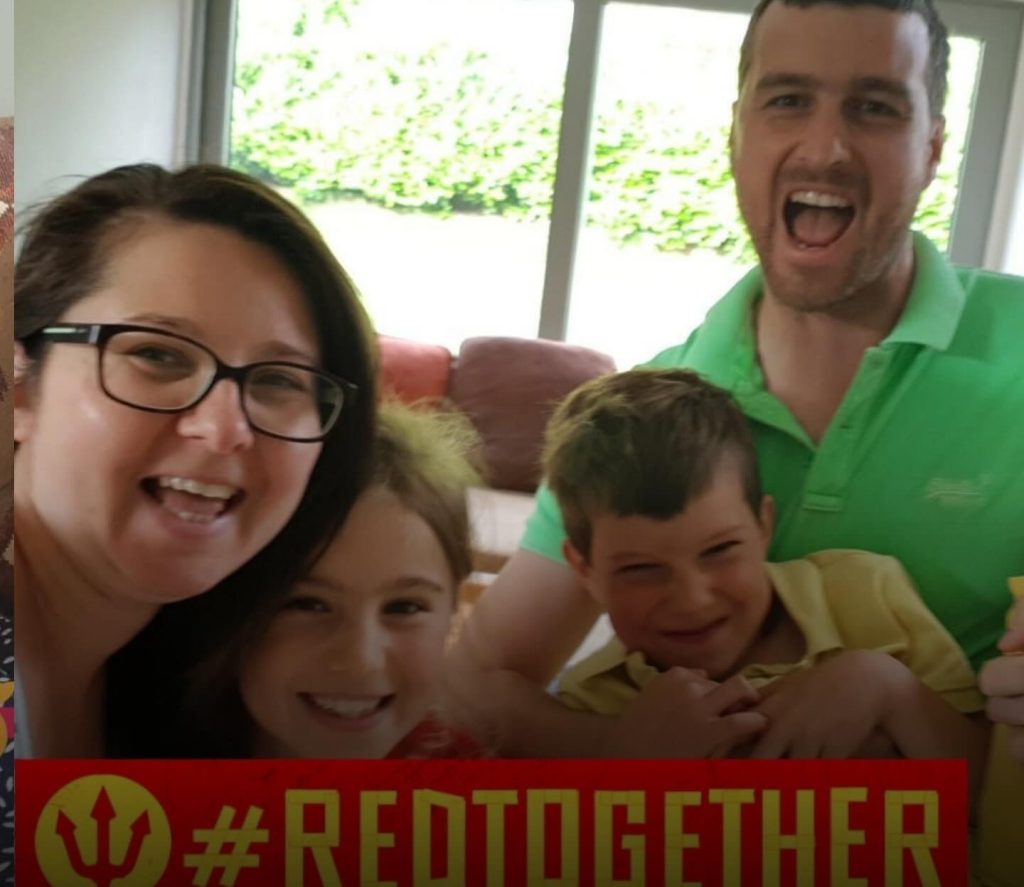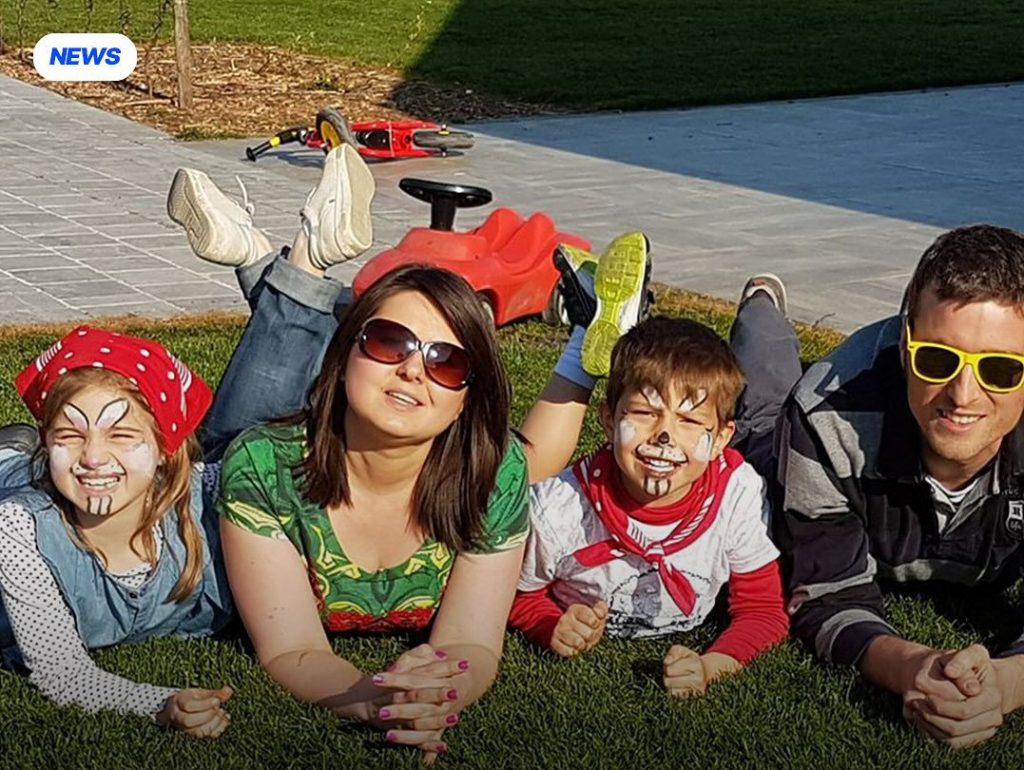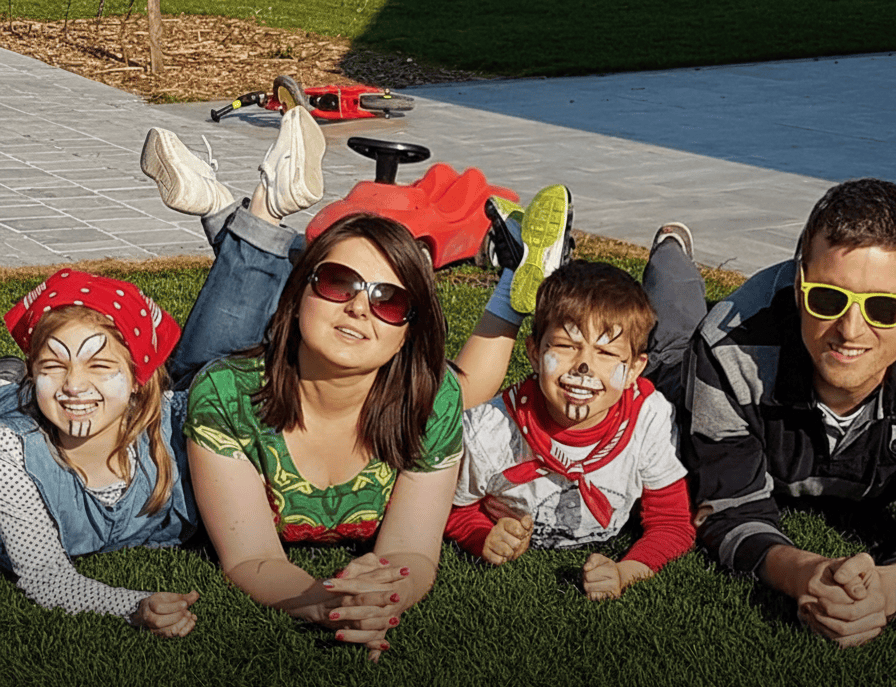World’s First: Belgian Boy, Once Given No Chance of Survival, Becomes Cancer-Free After Rare Brain Tumor Vanishes
There are stories that feel almost too miraculous to believe, the kind that restore faith in what science, medicine, and the resilience of the human spirit can achieve. The journey of Lucas Jemeljanova, a 13-year-old boy from Belgium, is exactly that kind of story. When Lucas was just six years old, his family’s world collapsed after doctors delivered the kind of news no parent should ever have to hear. He was diagnosed with diffuse intrinsic pontine glioma, or DIPG, one of the most aggressive and devastating forms of brain cancer known to medicine. For decades, DIPG has been described as a near-death sentence, with statistics showing that 98 percent of children diagnosed with it die within five years. It strikes at the very core of the brainstem, making surgery impossible, and treatment options are heartbreakingly limited. Families often cling to hope while doctors prepare them for the worst.

For Lucas and his family, that grim reality was all too real. Doctors explained that the average survival time was less than a year after diagnosis. Yet in a turn of fate that would later be described as groundbreaking, Lucas was randomly assigned to a clinical trial involving a chemotherapy drug called everolimus. Typically used to treat kidney, pancreas, and breast cancers, as well as certain brain tumors, the drug had never shown real success against DIPG. Nobody could have predicted that this would change everything.
As the treatment began, Lucas’s parents braced themselves for side effects and the uncertainty of clinical testing. But to their surprise, he responded well. Week after week, scans began to reveal something astonishing: the tumor wasn’t growing as expected. Slowly, almost unbelievably, it began to shrink. What doctors thought might only extend his life for a short while turned into a steady path toward recovery. Over time, the tumor completely disappeared.

Seven years later, Lucas is now a lively 13-year-old boy with no trace of cancer left in his body. He has officially been in remission for five years, a milestone that almost no DIPG patient reaches. His doctors and medical researchers are calling his case a world first, a moment that shifts the narrative around what has long been considered an unbeatable disease.
The medical community is cautious, still studying what made Lucas’s case so unique. Was it something in his biology? Was it the timing of the treatment? Or was it simply the right drug, given at the right moment, to the right child? While those questions remain unanswered, what is undeniable is the hope his recovery has sparked. Out of the handful of children in the same clinical trial, seven others have also been considered “long responders,” surviving longer than expected without relapses. But Lucas’s case stands alone as the only one where the tumor has fully vanished.

For his family, words cannot capture the relief and gratitude they feel. Their son, once at the edge of life, now has a chance to grow up, laugh, play, and dream like any other teenager. His story has reached parents across the world who are facing the same terrifying diagnosis for their children, offering a light in the darkest of times.
Lucas’s journey is not just a triumph of medicine but a reminder that miracles sometimes wear the face of science. What once seemed impossible may one day become the norm, and children diagnosed with DIPG could have more than a sliver of hope. For now, Lucas is a symbol of possibility, proof that even in the harshest realities, hope can win.


